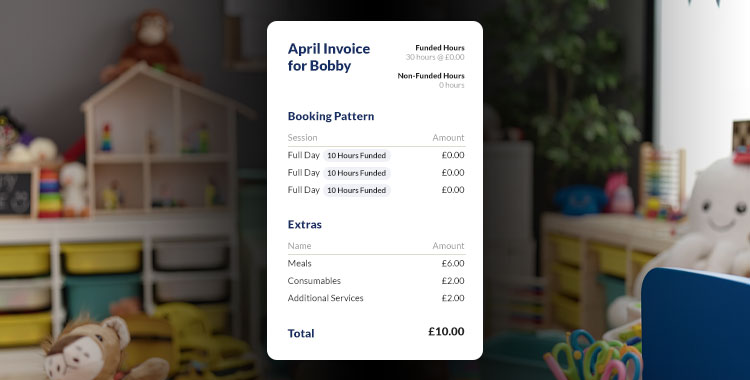Three hundred new classroom-based nurseries are set to open in primary schools next September. But how do private, voluntary and independent providers (PVIs) fit into the Government’s school-based childcare expansion programme?
From October, schools in England will be able to bid for a share of £15 million in capital funding to ‘upgrade’ 300 ‘spare spaces’ into nurseries. This is the first step towards delivering 3,000 new nurseries in primary schools outlined by Labour in the general election.
The detail
PVI providers will be able to partner with schools to run nurseries from their site, the Government has confirmed. But organisations campaigning on behalf of the sector insist that they ‘must remain central’ to any plans for reform.
PVI providers have concerns around schools being the right places for babies and toddlers, and where they would stand if a school wanted to take back space they were leasing on the school site.
Bridget Phillipson, the education secretary, announced new details about the expansion into schools at the Labour Party Conference in Liverpool, in September. She said, ‘It is my first priority, the life chances of our children.’
Here are some of the details:
- Successful schools will be allocated £50,000 of funding in Spring 2025. The aim is that they are ready to deliver nursery provision from September, when the full expanded entitlements come into effect.*
- The first 300 schools to pilot the programme will ‘take learnings for future years’ and gain a ‘better understanding of how to support underserved and poorer areas’.
- Following engagement with the sector, ‘the most appropriate model’ will be extended across the country during the second phase of the rollout.
- Bids from schools should demonstrate how their proposals respond to need in their local area, following discussions with local authorities.
Not just an empty classroom
These new nurseries should not threaten existing provision or take staff away from current nurseries, explains Purnima Tanuku, chief executive of National Day Nurseries Association (NDNA). And they must be created ‘where they are needed, not because a school has an empty classroom,’ she adds.
Questions also remain over how school-based nurseries will be staffed. ‘Private and voluntary nurseries, pre-schools and childminding professionals still provide the vast majority of early years places,’ explains Neil Leitch, CEO of the Early Years Alliance (EYA). ‘This vital part of the sector must be central to any reform plans,’ he adds.
Workforce issues
The shortage of experienced and qualified staff is an ongoing issue which threatens to jeopardise the Government’s childcare expansion programme. ‘Qualified early years practitioners have been leaving the profession over the last few years,’ Tanuku says. ‘The early years sector is already struggling with a workforce crisis and underfunding of places for three and four-year-old children.’
She urges the Government to ensure the policy is ‘planned’ properly to avoid ‘unintended consequences’. She warns that it can only be successful with enough educators to deliver the childcare places.
EYA has similar concerns and would like to see a recruitment and retention strategy alongside funding that reflects the costs of delivering high-quality early education.
Logistical Challenges
Meanwhile, the sector has been keen to discuss the little detail they know of Labour’s plan for 3,000 school-based nurseries. Webinars and forums have been held where schools and PVIs have come together to air their views.
Some providers who have successfully partnered with schools see it as an opportunity. ‘While the classroom space is not a nursery environment, how you resource and lay out the space can create a high-quality environment,’ they said.
Tanuku points out that working parents must have access to childcare provision which is flexible and is open all year round, rather than just during school term time. She says that many PVI providers are keen to expand but have been unable to get any capital grant funding. ‘This situation should be addressed immediately to create a level playing field for all providers to meet the demand,’ she adds.
Moving forward

While the level of detail remains unclear, uncertainty remains on both sides. Schools will no doubt be wondering how they can repurpose their empty classrooms, renovate their spaces indoors and out, recruit experienced practitioners for children aged three and under, and appropriately resource the nursery within the timeframes given: April to September (with a six-week Summer holiday in the mix). But if all goes smoothly, there will be 300 new school-based nurseries in England by next September. Watch this space…
*Working families with children aged nine months and older are currently eligible for up to 15 hours a week of funded childcare but that offer will be extended to 30 hours from next September.

Nicole
Content Creator




